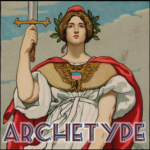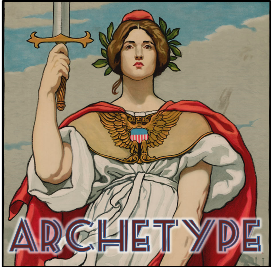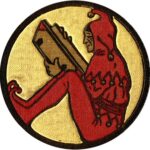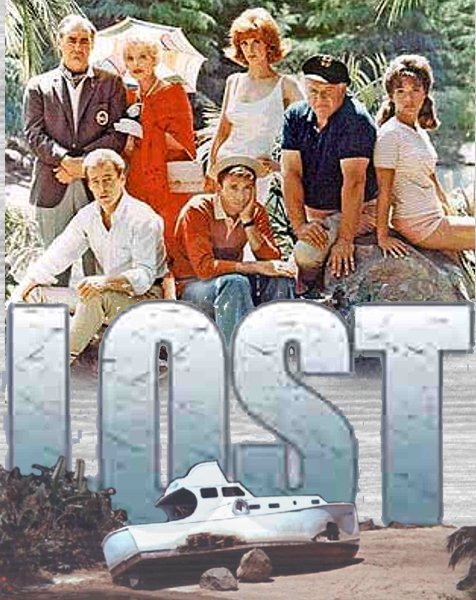
 We know that behaviorally modern humans (i.e., we) appeared in Africa 50 thousand years ago and spread throughout the world. But, we did not live long enough for grandparents to be part of the picture until about 30 thousand years ago.
We know that behaviorally modern humans (i.e., we) appeared in Africa 50 thousand years ago and spread throughout the world. But, we did not live long enough for grandparents to be part of the picture until about 30 thousand years ago.
The unique multi-generational social environment spawned by the presence of grandparents is thought to have created remarkable opportunities for human beings, allowing cultural knowledge to survive longer in the brains of individuals to be spread to more new humans.
This event in human evolutionary history has been used to explain why women survive beyond menopause, beyond when they can pass their genes on to new offspring, the very compelling Grandmother Hypothesis. Of course, although men do not experience a similar loss of fertility, grandfathers can be put to many of the same extended parenthood purposes after they are no longer fit for their classic evolutionary roles as hunters and warriors.
This development brought great benefits, but it also must have posed problems, complicating the simple, dichotomous relationship between children and parents that had existed (as far as my limited knowledge extends) among all creatures throughout the history of life.
I believe this generational tension is the source of a common four-character scheme in story-telling I’ve been exploring in my Writing Archetypes series. It started with ancient myth and continues onto the modern page and screen.
It’s a cultural solution to a unique evolutionary situation, the multi-generational community. Each archetype can be seen to represent a different generation: the Companion, the Hero, the Rough, and the Guru. You might say, “But, John! That’s four generations and grandparents only result in three generations.”
Therein lies the tricky part.


 From W. H. Auden’s review of J. R. R. Tolkien’s Return of the King, in the
From W. H. Auden’s review of J. R. R. Tolkien’s Return of the King, in the 
 My question about the film clip below: Why would orcs even have the concept of “menu”? Were there a lot of tablecloth restaurants in orc society? Did you have to ask to see the orc wine menu, or was it provided along with the brunch, dinner, and dessert menus?
My question about the film clip below: Why would orcs even have the concept of “menu”? Were there a lot of tablecloth restaurants in orc society? Did you have to ask to see the orc wine menu, or was it provided along with the brunch, dinner, and dessert menus?
 First, I want to wish
First, I want to wish 
 Today, in the aftermath of the long-anticipated Lost finale, I want to investigate good and bad ways to finish a storyline driven by suspense.
Today, in the aftermath of the long-anticipated Lost finale, I want to investigate good and bad ways to finish a storyline driven by suspense.